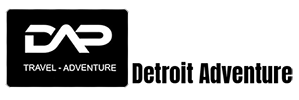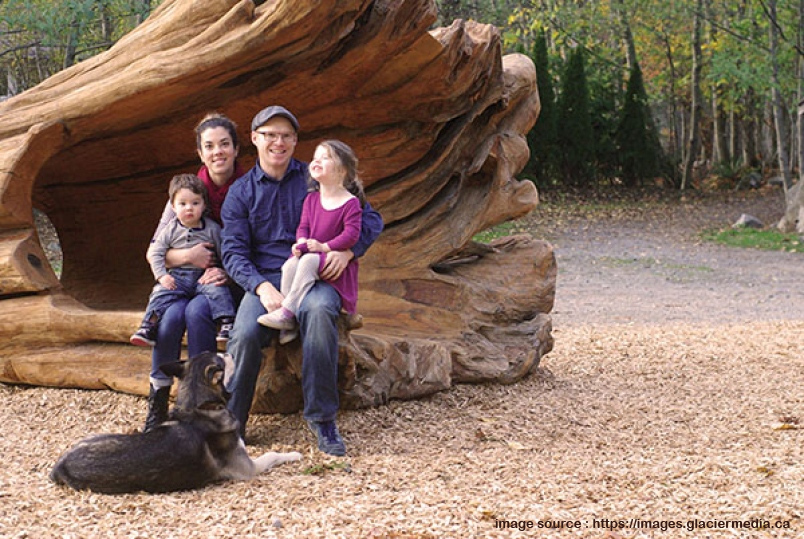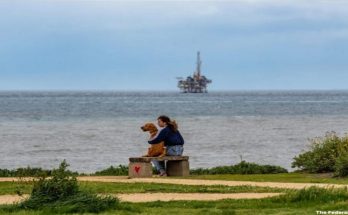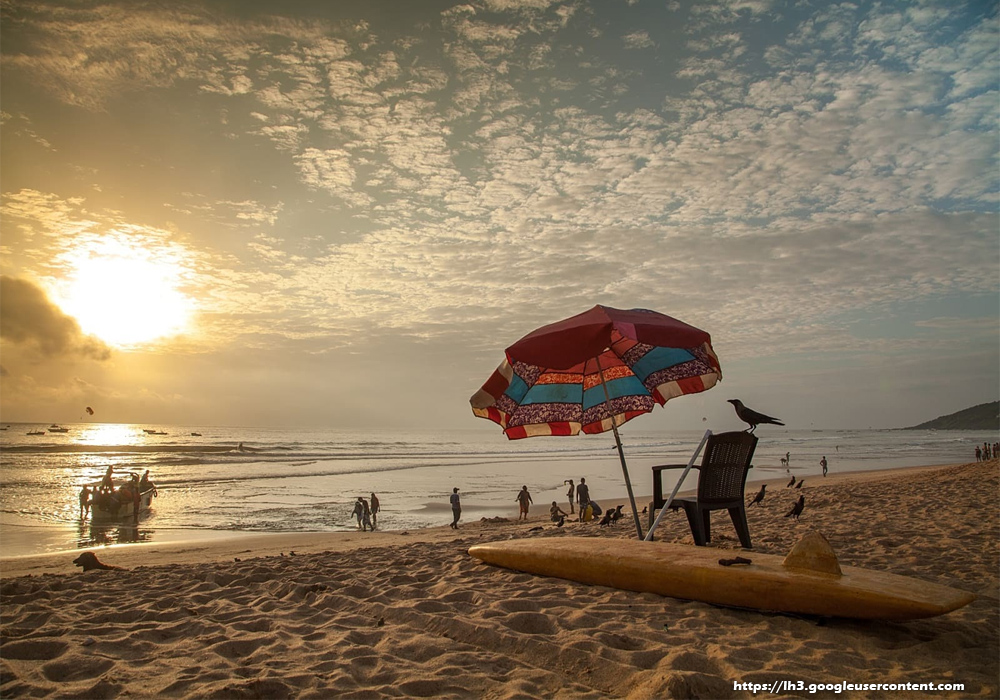I leaned over the counter at the local sporting goods store and poured over the watercraft registration and invasive species sticker regulations for Idaho watercraft. The question we were trying to answer was if a 9′ inflatable pontoon boat equipped with a small electric trolling motor needs to be registered as a watercraft in the State of Idaho. One clerk said that any type of boat under power needs to be registered, while the other thought the float tube exception covered the craft in question. What started the discussion was my futile attempt to purchase an invasive species sticker for my canoe and pontoon boat. The discussion ended with me leaving the store with a sticker for only my canoe. The frustrated clerks advised me to contact the Department of Motor Vehicles, and Parks and Recreation, or possibly the Department of Fish & Game to answer the question of the pontoon boat registration.
The watercraft registration issue was frustrating at best, and I started thinking about how significantly things have changed. When I was a kid, camping, fishing, and hunting were considered sports that any family could experience, regardless of their social class. A family could actually enjoy a weekend camping trip with minimal expense, and efficiently feed their family with the fish they caught. Over the past few decades, licenses, fees, permits, tags, and registrations have established class-based entitlement to Idaho outdoor recreation. Nowadays, it is cheaper to buy fish from the grocery store than to legally catch them. And if you don’t have a computer with high-speed internet and a credit card, it’s likely you won’t be able to camp at Redfish Lake – ever. Most premium camp sites are filled with reservations by the middle of January.
Here’s an exercise to prove my point. Last week, my family and I drove to Stanley and camped. I’ll break down the cost for our family of five:
Food for 4 days (5 family members): $200.00
Fuel round trip from Twin Falls to Stanley, ID $180.00
Forgotten items, extra ice & drinks purchased during trip $ 50.00
Sweat shirts, ball caps & souvenirs (this was our vacation) $200.00
Campground fees for 4 days $ 60.00
Day use fees for local recreation areas $ 20.00
Canoe & pontoon boat registration and/or IS sticker fees $ 37.00
Fishing licenses for 3 qualifying family members $ 60.00
Annual registration fees for 3 motorcycles $125.00
Extra fuel for motorcycles $ 30.00
Grand total $962.00
Anyone that has a family (especially with motorcycles) can understand my frustration. It is already expensive to travel with a family and the added expense of fees and permits create salt in the proverbial wound. $302.00, or roughly one third of the above expenses are State fees. If we had omitted the souvenirs and left the motorcycles at home, the ratio would have remained virtually unchanged. And to think, we have actually considered purchasing a camp trailer.
One of the most frustrating aspects of the fee-based system is that when you see a conservation officer, it makes your heart race as you mentally complete the required checklist. Does everyone have their fishing license on person? Are the stickers still affixed to the boats? Did I place them in the correct position? Are the bike registrations nearby? Did I put the new stickers on the motorcycle trailer? Is the day-use fee receipt still prominently displayed on the dashboard of the truck, or did it blow out when the kids opened the door?
I understand where the money goes. I don’t have a problem with doing my part to pay for the construction and maintenance of campgrounds, boat ramps, and trails. And I want to keep the Zebra Mussel (and any other invasive species) out of Idaho. But there has got to be a better way. Why are we spending millions of dollars to reestablish the wolf population in Idaho in tandem with creating social barriers for tax paying citizens to use our public lands? It seems to me that things are out of balance. Why are most the most beautiful and serene lakes covered shore to shore with reservation-only campgrounds? Last year we spent our vacation at Bull Trout Lake. We discovered that without a lakeside campground reservation, there was little access to the lake. A local conservation officer told us to park by the public restroom, and another scolded us for doing so explaining that erosion caused from our tires would destroy the lake’s ecosystem.
It is getting more and more difficult to find public land that is accessible and affordable for use by every class of Idaho citizen. I don’t have the answers, but I know there has to be a better way. It should start with more input from the people who use our public lands the most. Sportsmen and women need to have a bigger voice to direct the regulation and conservation of our natural resources. At the current rate of hunting, fishing, and camping fee inflation, outdoor recreation will become (this is already happening) an income-based entitlement.




